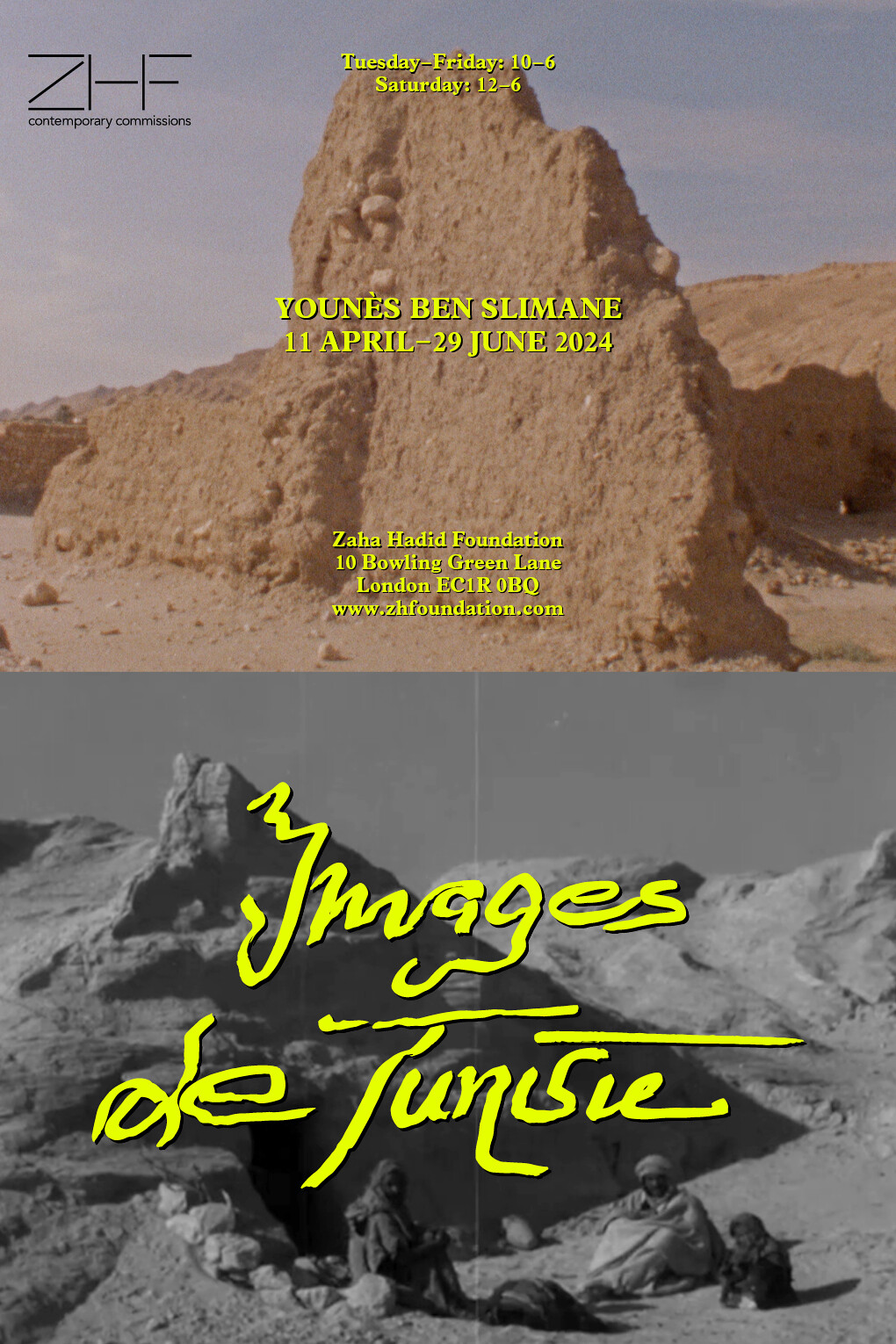Aaron Swartz killed himself on Friday, January 11 in New York City. He was twenty-six years old. In his family’s official statement, they say:
Aaron’s death is not simply a personal tragedy. It is the product of a criminal justice system rife with intimidation and prosecutorial overreach. Decisions made by officials in the Massachusetts US Attorney’s office and at MIT contributed to his death. The US Attorney’s office pursued an exceptionally harsh array of charges, carrying potentially over 30 years in prison, to punish an alleged crime that had no victims. Meanwhile, unlike JSTOR, MIT refused to stand up for Aaron and its own community’s most cherished principles.
Please don’t look for comfort in the disingenuous argument that Swartz was already battling depression since 2007. Depression is as much a trigger of stress and anxiety as it is itself triggered by negative experiences, by stress and anxiety. I can imagine that being hounded by the US Justice Department and haunted by the prospect of incarceration for life is an ample source of both.
But I won’t pretend that I knew much about Swartz. In fact I’d never heard that he was an early RSS software developer nor that he was one the creators of the social news site Reddit. Like many others, I first became aware of Swartz’s activities when, in July 2011, he was arrested for using his Harvard subscription to download a vast array of academic articles—4.8 million we are told—from the JSTOR database, allegedly with the intention of making them publicly available.
JSTOR is a digital archive comprising over one thousand academic journals, and like most other academic databases, it is a pay-per-access provider. Its annual subscription fees can reach $50,000 while the download of a single article ranges between $19 and $39. But price is not the only restriction to access. JSTOR only accepts subscriptions from institutions. This means that any independent scholar or researcher without an institutional affiliation—or with a precarious or irregular one, which is increasingly common—are automatically denied access.
Academic paywalls are totally unjustifiable because neither the authors nor the reviewers are paid: the material published by these databases was made with the support of public research and education funding. Though most people believe that students and faculty have access to these types of databases through their own university departments, this is often not the case: many universities can’t afford the subscription costs, or, due to petty academic policies, limit access within their own university to specific research groups and institutes. As a PhD student in the cultural studies department at Humboldt University in Berlin, I was never granted access.
Needless to say, the whole edifice of academic hierarchy is based on the restriction of access to knowledge. JSTOR is a rent extraction mechanism that perpetuates fundamental inequalities—with researchers and faculty from powerful institutions being granted yet another competitive edge over those who were less fortunate, less wealthy, or simply born in the wrong place. But this is still an understatement. Paywalls constitute a denial of access to the knowledge published by US colleges and universities to the public at large. Their function is to engineer scarcity and exclusion, creating extra incentives for students to fund their education by incurring heavy debts within the Anglo-American educational and financial complex—while simultaneously exempting this complex from public scrutiny.
It is clear why Aaron Swartz targeted JSTOR, but it is harder to understand why he was himself targeted by US Attorney Carmen Ortiz’s office in Boston, specifically by her lead prosecutor Steve Heymann, and charged with felonies carrying one million dollars in fines and up to 35 years in prison—Swartz was technically an authorized JSTOR user who never shared the content he downloaded.
It is plausible that the federal prosecutor’s vicious distortion of justice was politically motivated, whether due to Swartz’s connection with Demand Progress (which was instrumental in the defeat of SOPA and PIPA) or simply because the Department of Justice felt they needed a sacrificial lamb, and found in Swartz the civilian equivalent of Bradley Manning. Either way, a Twitter response summed the situation up by quoting Edward Gibbon: “whenever the offense inspires less horror than the punishment, the rigor of penal law is obliged to give way to the common feelings of mankind.”
While paywalls are one of the most glaring blind spots of academia—with the notable exception of the #pdftribute campaign on Twitter to share academic papers—the community’s conspicuous silence regarding Swartz’s case has been, up to his death, deafening. According to the family, MIT—unlike JSTOR, which never pressed charges—repeatedly refused to consider any settlement.
Make no mistake, the fight over freedom of information and internet regulation is the defining political struggle of our time, and failing to choose sides may prove fatal to the future of both higher education and all other public services. At stake is the definition of what constitutes the political and what is subject to public debate, of what is withdrawn from scrutiny under the cloak of property rights or the laws of economy.




